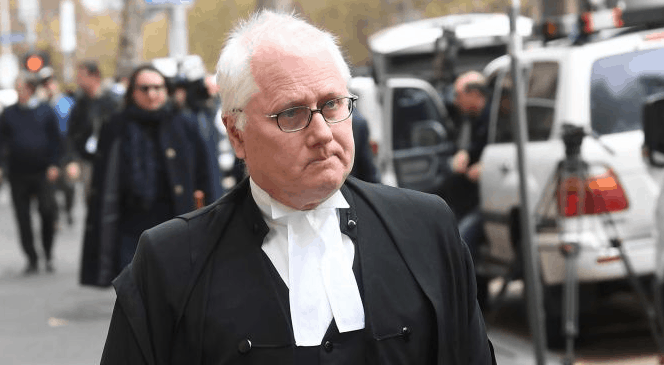A Melbourne lawyer who sued Google over an article published in The Age newspaper and relating to his arrest over a gangland murder, has seen a major decision in Google’s favour by Australia’s highest court confirm that Google is not liable for defamatory news stories that are clicked on as non-sponsored content.
The issue for the High Court, a majority decision, said that hyperlinks to the article the lawyer complained about did not make Google a publisher, but rather “a tool which enables a person to navigate to another webpage,” a joint statement by Chief Justice Susan Kiefel and Justice Jacqueline Gleeson said.
The case originated from lawyer George Defteros who sued Google over a 2004 article that reported his arrest on a conspiracy to murder charge involving infamous underworld character Carl Williams. The charges against Defteros were dropped in 2005, but the Age article remained online.
Google was notified of the defamatory article in February 2016, 11 years after it was published, but did not remove it until December that year.
Defteros did not sue The Age over the report, but the newspaper removed the story from its website in December 2016 after correspondence with his lawyers.
Defteros had underworld clients including Alphonse Gangitano and Mario Condello, and the underworld identity Mick Gatto.
All but Gatto were executed in Melbourne’s infamous gangland wars.
Defteros also successfully sued Google in respect of the article that could be found via the search engine and Google took the matter to the high court after Victoria’s court of appeal in 2021 refused its attempts to overturn the defamation decision in favour of Defteros.
The Victorian court found Google was the publisher of a defamatory article by the Age in 2004 because its search results were instrumental in communicating the content to readers.
Justice Melinda Richards awarding damages of $40,000, plus costs saying that the defences of qualified privilege, innocent dissemination and triviality were not made out. However, the judge accepted that Google could rely on triviality as a defence to a second claim about a 2017 search, which she dismissed.
Five of seven high court justices found in Google’s favour, ruling the search engine’s results “merely facilitated access” to the Age’s story, which was not enough to amount to publication in a legal sense.
“There was no other basis for finding publication because the appellant [Google] had not participated in the writing or disseminating of the defamatory matter,” the judgment summary said.
Defteros claimed that search results “enticed” the person searching to open the website, finding a person would already be looking for particular information before the result was received.

At the Victorian hearing, Google’s lawyer Bret Walker, SC, said the law around liability for publication “of a mere hyperlink” was still uncertain and that his client should be able to plead innocent dissemination.
He said that the ‘snippet’ attached to the hyperlink was crucial for the continued conduct of an “overall, plainly, socially beneficial facility”.
Justice Edelman said that other cases had treated Google as “analogous to the vendor of the newspapers, whereas you say that the mere hyperlink or the provision of the mere hyperlink ought to be treated as analogous to the deliverer of the newspapers”.
The Google Win
Five of seven High Court justices found in Google’s favour, ruling the search engine’s results “merely facilitated access” to the Age’s story, which was not enough to amount to publication in a legal sense and making it liable in defamation.
“There was no other basis for finding publication because the appellant [Google] had not participated in the writing or disseminating of the defamatory matter,” the judgment summary said.
The High Court rejected Defteros’ claim that search results “enticed” the person searching to open the website, finding a person would already be looking for particular information before the result was received.





